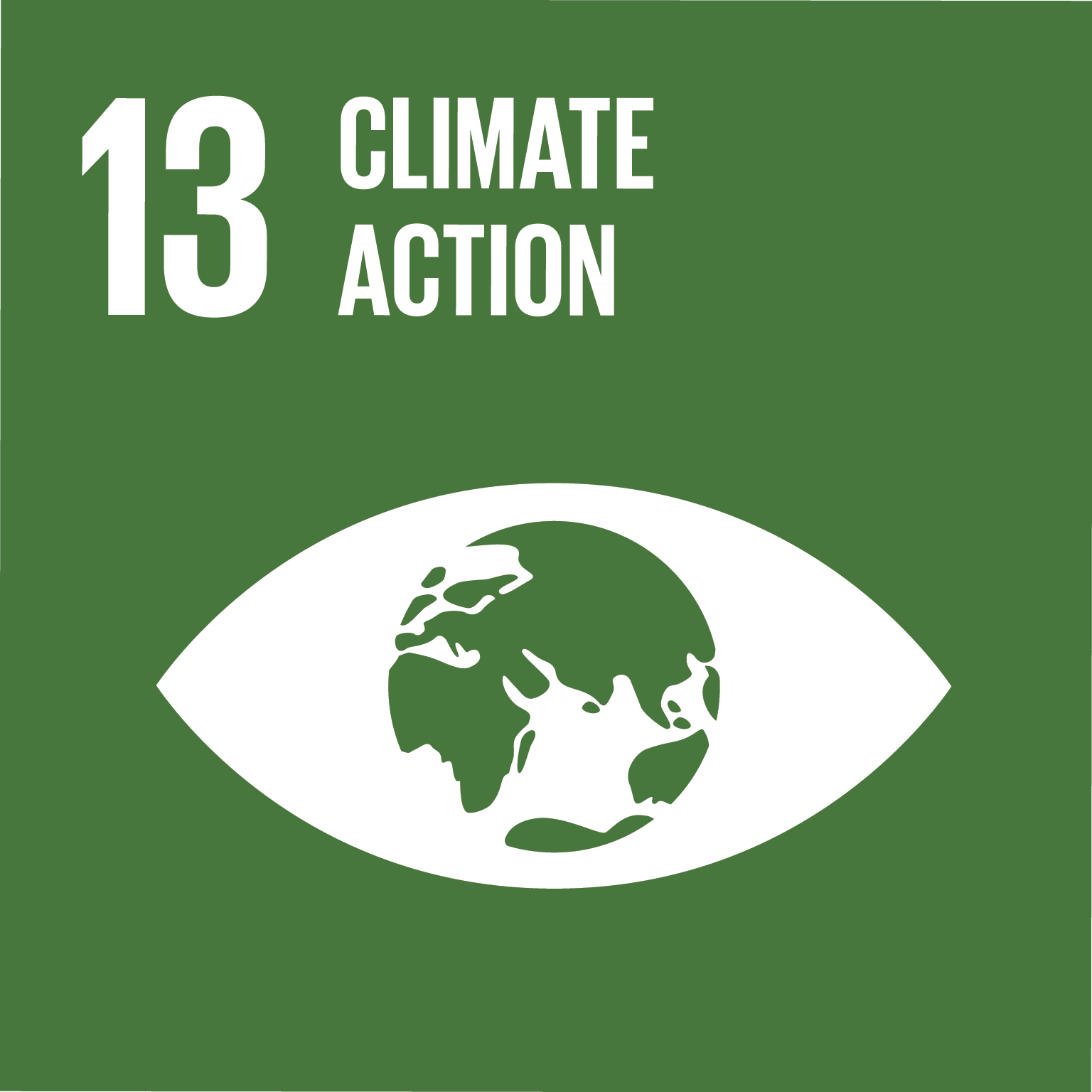
From Afghanistan to MSU and GCUA 2030
In this reflection, GCUA 2030 student Latifa Salangi shares her powerful academic and personal journey from Afghanistan to MSU, illustrating how GCUA's Agenda 2030 course has helped her connect the SDGs to lived experience, responsibility, and the realities of inequality, conflict, and resilience.

We congratulate the prize laureates!

GCUA 2030 Award
We are proud to announce the GCUA 2030 award. The award is established to encourage high quality research for sustainable global development.

GCUA 2030 courses
Do you want your research to contribute to making the world a better place? Would you like to interact with doctoral students from all over the world? If you are still reading, you should probably sign up for the PhD courses given by GCUA 2030.
How to conduct a systematic review

Climate Action Challenge
The mentorship programme will allow for cross-cultural exchange and learning between mentors and mentees, in depth dialogues on a range of aspects related to academic career development.
News for GCUA 2030 members
-
We congratulate the prize laureates in GCUA 2030 award 2025!
GCUA 2030 proudly presents the four prize laureates in GCUA 2030 award 2025. Below you find motivations for all four prize laureates; Said Rodriguez-Romero and Vanesa Gutiérrez-Chavéz, UAQ, Yue Zhu, BFU, and Sendibitiyosi Gandidzanwa, NMU. -
GCUA 2030 webinar spotlighted SDG monitoring and key findings from the 2025 SDG Report
GCUA 2030 hosted a webinar featuring Daniel Eshetie from the United Nations Statistics Division (UNSD), who discussed the Division’s work in coordinating the Global SDG Indicator Framework and monitoring global progress toward Agenda 2030. -
SLU researchers co-lead FAO report on climate, forests and agriculture launched at COP30
SLU researchers Paul Egan and Aida Bargués Tobella have played an important role in a forthcoming FAO report, "Climate and Ecosystem Service Benefits of Forests and Trees for Agriculture". The report will be launched during COP30, 19 November, both online and onsite in Belém. -
PhD students design nature-based solutions for a resilient future
Four groups completed the GCUA 2030 course "Climate Action Challenge" this year, designing nature-based solutions for climate change mitigation and resilience while tackling societal challenges throughout the continent of Africa. -
Monitoring the Sustainable Development Goals and the 2025 SDG Report
GCUA 2030 welcomes you to this webinar with Daniel Eshetie from the United Nations Statistics Division to discuss UNSD's work to coordinate the Global SDG Indicator Framework and monitor progress towards Agenda 2030.